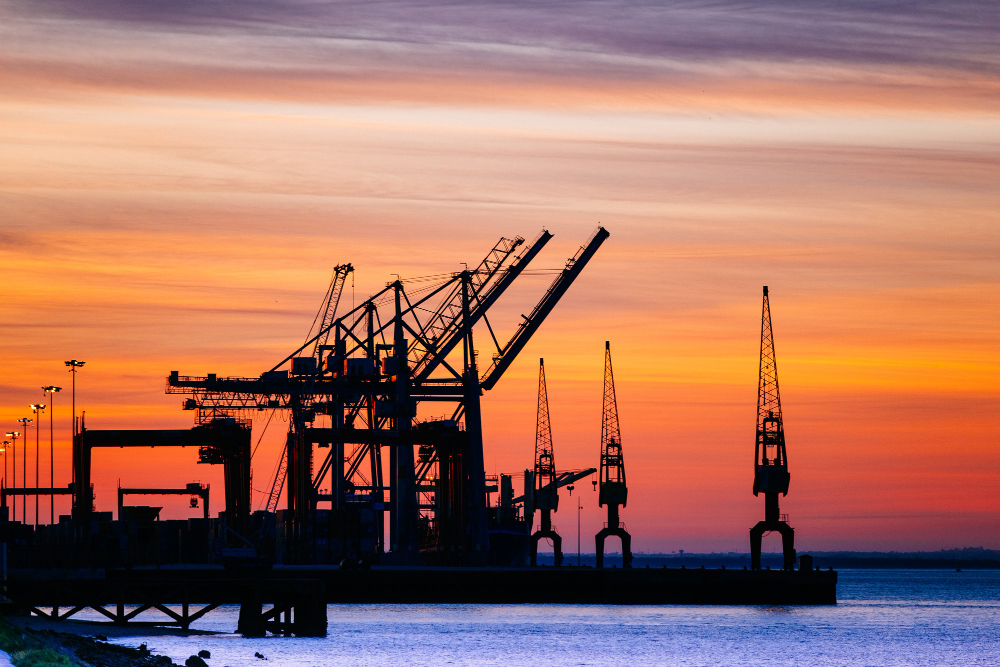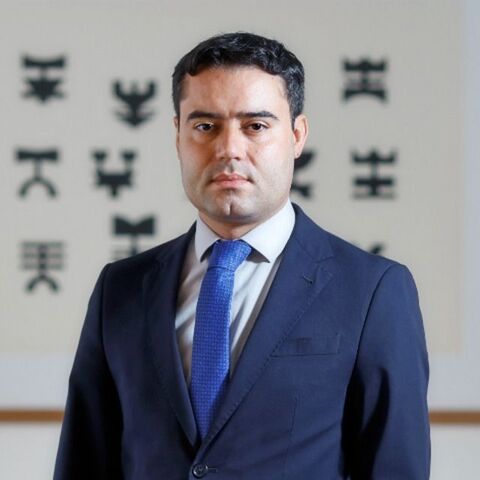Legal certainty and investments in the brazilian oil and gas industry
 Three relevant cases pending decision by Brazil’s highest courts are bound to have an impact on the decision-making process regarding investments in the oil and natural gas industry in the country. The decisions will affect the sale of state-owned assets and the end of vertical integration in certain segments of the industry. There is no date set for the adjudication of the three cases, but there is so much at stake that it is expected to happen sooner rather than later.
Three relevant cases pending decision by Brazil’s highest courts are bound to have an impact on the decision-making process regarding investments in the oil and natural gas industry in the country. The decisions will affect the sale of state-owned assets and the end of vertical integration in certain segments of the industry. There is no date set for the adjudication of the three cases, but there is so much at stake that it is expected to happen sooner rather than later.
The first case is related to the lawfulness of the special legal framework adopted for the divestment of assets by state-owned enterprises (SOE) like Petrobras. Brazil’ Supreme Court (STF) is expected to adjudicate soon a lawsuit in which labor unions submit that the SOEs Act, in force since 2016, violates the Federal Constitution. This Act supports a Presidential Decree (similar to an Executive Order), also challenged in the lawsuit, that sets best practices, transparency and governance guidelines for the special divestment framework.
In June 2018 Justice Ricardo Lewandowski issued an injunction under which specific authorization by Congress – instead of a presidential decree – is required for the sale of shares of SOEs, including Petrobras and its subsidiaries. The injunction also requires sales of control to take place through public competitive bids. As a result, Petrobras at first temporarily suspended the ambitious divestment program of its refineries (Parcerias em Refino), which was later resumed following some changes designed to comply with the provisional STF ruling. The Court hosted a public hearing on the matter in September 2018 and now waits Justice Lewandowski to send the case for adjudication in a plenary session.
The second relevant lawsuit pending adjudication by STF relates to the constitutionality of a Presidential Decree that waives bureaucratic, lengthy public bidding procedures otherwise applicable to the procurement of goods and services by consortia integrated by Petrobras. In December 2018, Reporting Justice Marco Aurélio temporarily suspended the decree, for allegedly going beyond the purpose of regulating the provisions of the Brazilian Oil Act and the Pre-Salt Act. This decision was overruled by Chief Justice Dias Toffoli in January 2019, but the legal uncertainty will only be solved with the final adjudication of the lawsuit by STF.
The third important case will be decided by Brazil’s second highest court (STJ). It relates to the auction for the sale of 90% of the shares of Transportadora Associada de Gás S.A. (TAG). This subsidiary of Petrobras plays an important role in natural gas transportation and had been included in the National Privatization Program (PND). Petrobras controls, or has a relevant equity stake in, most of Brazil’s natural gas transporters like TAG. Accordingly, STJ’s ruling is expected to impact Petrobras and the Federal Government joint decision to foster competition in the sector through divestment of Petrobras’ subsidiaries. TAG’s sale alone amounts to around one third of Petrobras’ divestment program for 2019-2023.
The three lawsuits were filed amid discussions and initiatives regarding structural changes in the oil and gas industries, in line with economic liberalization policies announced by Brazil’s new Federal Government. The legal certainty required for the success of such policies depends on the Judiciary, whose decisions can heavily impact the investment decision-making process. Surprising as it may sound, courts of Justice in Brazil are under no strict deadlines. It is up to the reporting judge of each case and the Courts President to schedule when adjudication takes place. Hence, it is still difficult to estimate when the cases will be adjudicated, but the potential consequences of the rulings allow us to expect that Brazilian highest courts will be pressured to move quickly.
Image credit: Freepik



































